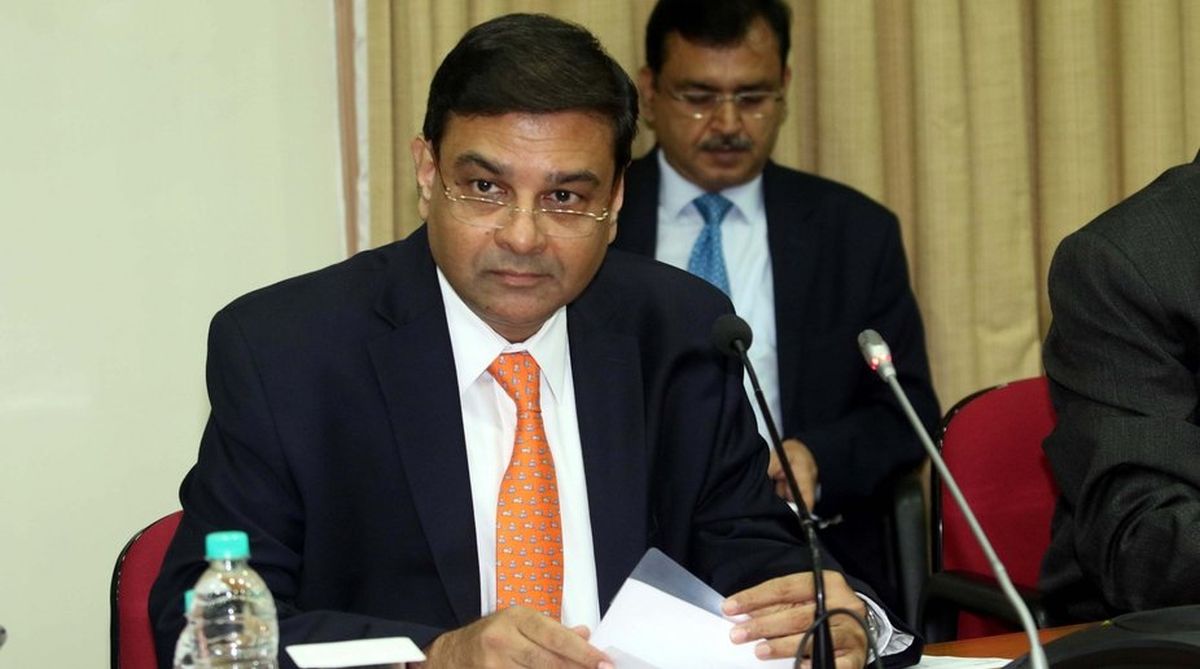Reserve Bank of India (RBI) Governor Urjit Patel resigned on Monday in an abrupt move that follows days of a bitter row between the central bank and the central government over surplus reserves.
Patel, whose term was to end on September 2019, thus became the first RBI Governor since 1990 to resign from his post.
Advertisement
“On account of personal reasons, I have decided to step down from my current position, effective immediately,” he said in a statement.
“It has been my privilege and honour to serve in the RBI in various capacities over the years,” Patel said.
Thanking the staff of the central bank, Patel said, “The support and hard work of the RBI staff, officers and management has been the proximate drive of the Bank’s considerable accomplishments in recent years. I take this opportunity to express gratitude to my colleagues and Directors of the RBI Central Board, and wish them all the best for the future.”
Patel, 55, succeeded Raghuram Rajan as the Governor of RBI on 4 September 2016.
Following his resignation, Finance Minister Arun Jaitley said that the government acknowledges Patel’s services to the country.
“The Government acknowledges with deep sense of appreciation the services rendered by Dr. Urjit Patel to this country both in his capacity as the Governor and the Deputy Governor of The RBI. It was a pleasure for me to deal with him and benefit from his scholarship,” he wrote on Twitter, adding, “I wish Dr. Patel all the very best and many more years of public service.”
Prime Minister Narendra Modi praised Patel as “an economist of a very high calibre” who “steered the banking system from chaos to order and ensured discipline”.
“Dr Urjit Patel is an economist of a very high calibre with a deep and insightful understanding of macro-economic issues. He steered the banking system from chaos to order and ensured discipline. Under his leadership, the RBI brought financial stability,” said the PM in a tweet.
“Dr. Urjit Patel is a thorough professional with impeccable integrity. He has been in the Reserve Bank of India for about 6 years as Deputy Governor and Governor. He leaves behind a great legacy. We will miss him immensely,” wrote PM Modi in another tweet.
Opposition parties targeted the government over Patel’s resignation.
“Another one bites the dust. This is the result of our ‘chowkidar’s’ assault on democratic institutions,” read a tweet posted from the official twitter account of the Congress.
Congress leader Ahmed Patel claimed that Patel was forced to quit and said that the BJP government had thrust financial emergency upon India.
“The manner in which RBI governor has been forced to quit is a blot on India’s monetary and banking system. BJP government has unleashed a de facto financial emergency. The country’s reputation and credibility is now at stake,” he was quoted as saying by ANI.
The dispute
The RBI and the central government had a rift over the issue of bad loans and appropriate size of reserves that the central bank must hold.
Finance Minister Arun Jaitley had criticised the RBI for failing to check indiscriminate lending during 2008 and 2014 that led to the present bad loan or NPA crisis in the banking industry.
“The central bank looked the other way when banks gave loans indiscriminately from 2008 to 2014,” Jaitley said.
The government of the day, he said, was pushing banks to lend which resulted in credit growth in a year shooting up to 31 per cent from the normal average of 14 per cent.
On the other hand, independent director S Gurumurthy and the finance ministry have been wanting RBI’s capital base to be lowered in line with global practices. Currently, the capital base of RBI is Rs 9.69 lakh crore.
Reacting to the news of Patel’s resignation, Gurumurthy expressed surprise stating that a crucial meeting between the government and RBI officials, including the Governor, was held in a cordial atmosphere and that all directors slammed media reports of rift between the two.
“Surprised at news that RBI Guv resigned. Previous meeting was held in such cordial atmosphere that it comes as a shock. All directors said media had created a wrong perception while inside it was different. That makes it even more surprising,” he said in a tweet.
“I enjoyed several hours of personal discussions with him where we found large areas of agreement as well as mutually understandable disagreement. His resignation is indeed set back to the effects of the convergence of views that was taking place. We will miss him,” he wrote.
In a 9-hour-long meeting between the government and the RBI on 20 November, the two sides agreed to refer to an expert committee the contentious issue of reserves, while restructuring of stressed loans of small businesses would be considered by the central bank.
Read More: RBI, Govt signal truce after 9-hr-long meet, refer contentious issue of surplus to expert panel
“The Board decided to constitute an expert committee to examine the ECF, the membership and terms of reference of which will be jointly determined by the Government of India and the RBI,” the central bank, headed by Patel, said in a statement following the meeting.









